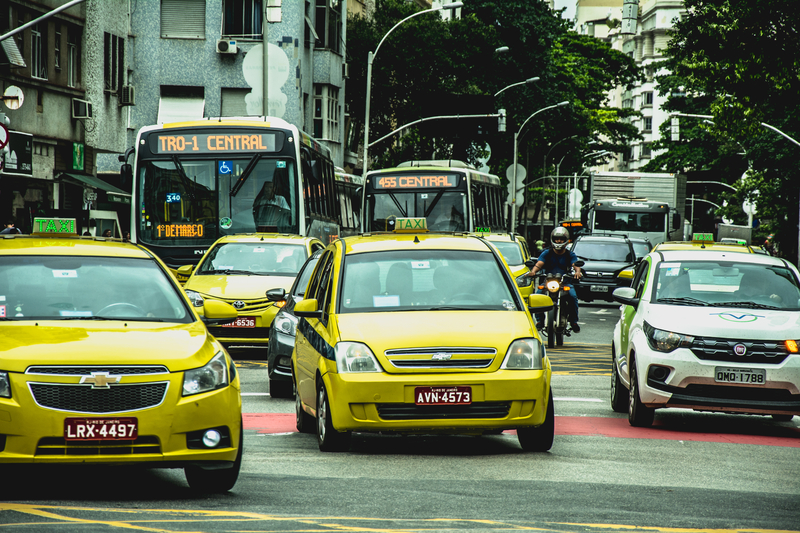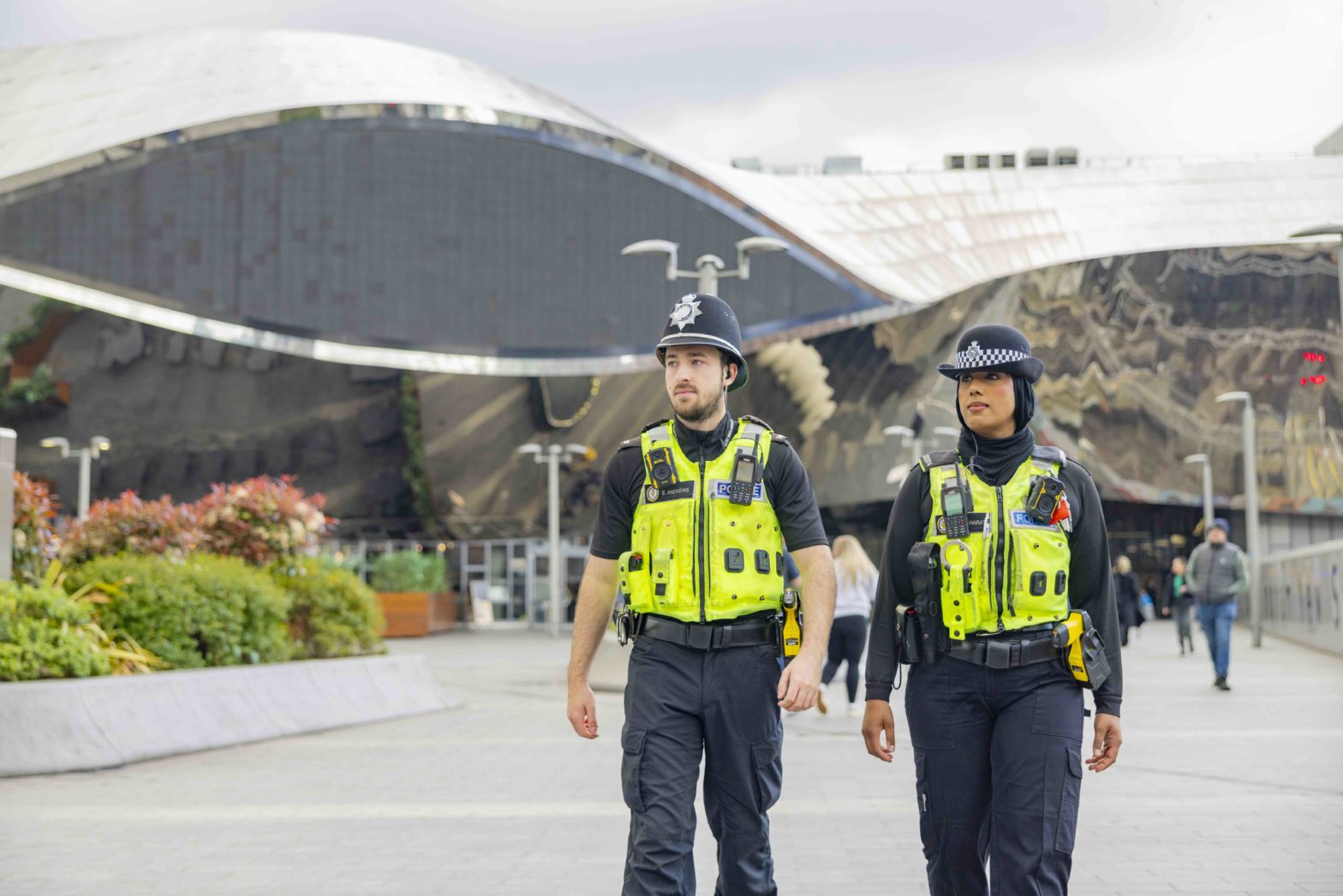
Photo: Tony Monti | Dreamstime.com
Brazilian cities embrace cashless transport
17 August 2021
by Manuel Manrique
As they seek to improve the public transport user experience and regain riders’ confidence, Brazilian cities are expanding cashless payment options.
The trend was discussed during a recent Cities Today digital roundtable, which brought together mobility and transport leaders from nine cities across Brazil’s five regions.
Digital ticketing, which allows the user to pay with a debit or credit card, is still in its infancy in Brazil, but some cities have already implemented systems on public transport.
Jundiaí, 57 km from the city of São Paulo and with 423,000 inhabitants, was the first city in Latin America to offer digital ticketing on all buses. Currently, Jundiaí has 273 buses across 84 lines which move 120,000 people per day.
Luiz Fernando Machado, Mayor of Jundiaí, said: “This technology is ten times faster than cash payment. [Contactless] pay is increasing. In December 2020 there were 2,990 payments and in July 2021, the number rose to 12,000.”
All the city’s buses have security cameras, GPS and apps so that people can follow the journey, he said.
“The first time I used it, I was wondering if everything would work out…and if the value would be debited. Everything worked out, it was very practical. One of the advantages is not having to go to the bank or carry cash,” Sue Ellen Prado, a resident of Jundiai, told Cities Today.
Rio de Janeiro goes digital
The City of Rio de Janeiro is working on the digital transformation of the public transport system. A ten-year contract is scheduled to be announced later this month for a vendor to support contactless payments via cellphones, PIX instant payments, QR code and advance monthly purchases.
“The goal is the acceptance of multiple payment methods, integrated with Bike Rio, Taxi Rio, Rio Rotativo, etc.,” said Rio de Janeiro Municipal Secretary of Transport, Maína Celidonio. “The idea is to improve the public transport user experience, so that people can pay with all their cards, control their bills through the app and that they have multiple service channels, both virtual and physical.”
She said that in addition to making people’s lives easier, the proposal aims to improve the planning and operation of the system.
“Another goal is to gradually withdraw money from circulation, make the implementation of new tariff policies more flexible and faster, carry out remote updates, control fraud, improve demand monitoring and monitor tariff collection,” Celidonio commented.
“Enabling payments with credit and debit cards on public transportation is a benefit for everyone, from the frequent user to the tourist. We want to offer cities the best solution according to their specific needs”, said Fernanda Caraballo, Director of Business Development at Mastercard.
What passengers say
At the train station in Cascadura, North Zone of Rio de Janeiro, Cities Today asked people about contactless payment.
“Does it exist? When will it work? I’m a train user and I haven’t seen anything, but I’ll be on the lookout,” said Oswaldo Ribeiro, a hydraulic technician, who uses the train to travel around the city.
“Rio de Janeiro must quickly integrate all means of transport. This will help people who use public transport every day,” said Heloisa Lima, a Portuguese teacher who regularly takes the train and uses transport apps.
Image: Tony Monti | Dreamstime.com






